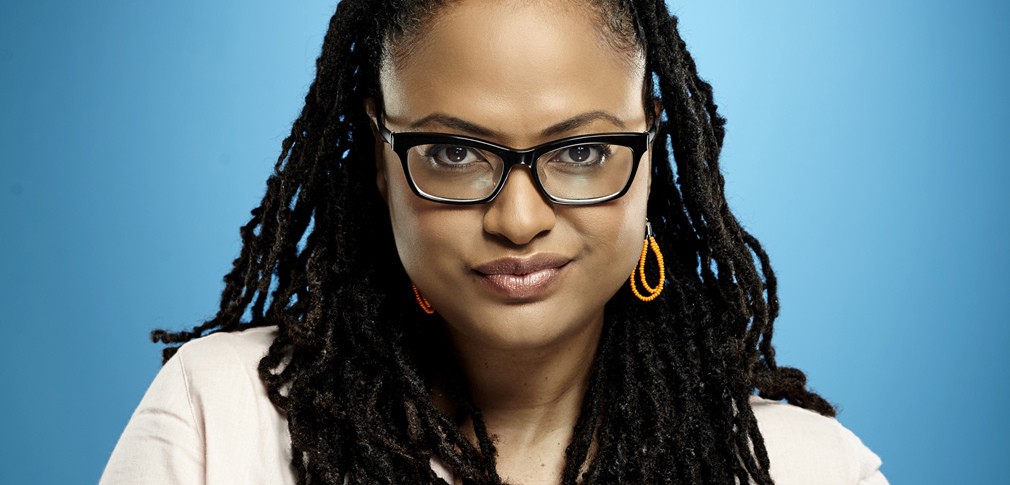We were upset (though unsurprised) when the Academy failed to recognize Ava DuVernay with a Best Director nomination for “Selma” last month. But the Oscar snub hasn’t resulted in the sidelining of “Selma.” Case in point: the impassioned and honest interview DuVernay gave this weekend on “60 Minutes.”
When Bob Simon asks DuVernay, “You were quoted as saying… that you were not interested in making a white savior film,” DuVernay doesn’t mince words: “I’m interested in having people of color at the center of their own lives. We don’t need to be saved by anyone. We do not have to have someone sweeping in on a white horse or someone saving the day or assisting us in our own narrative. So that’s what that means.”
This is one of the many reasons why we love DuVernay, a vocal advocate for stories focusing on people of color — rather than to aggrandize a white guardian-angel-type character. She is unapologetic about making a movie where the white man isn’t the hero, which has sadly become a controversy.
DuVernay is also candid about what her success may mean for other women directors of color: “I’m not a big believer in… one person that’s a door opener. Because I can open a door, but if there’s no one coming through it or if the door is allowed to close right after me, it doesn’t mean much.” In other words, it’s going to take more than one individual rising to the top to change the scene. (Also known as “The Kathryn Bigelow Non-Effect.”)
Simon notes — somewhat patronizingly — that DuVernay “exudes confidence” as the leader of a project of this scale and profile. “You know, I was not. I felt in the pocket,” she explains. “I felt I was in the place that I should be. I had made five films before that time. My not making a film of this size was not by choice. It was not because I couldn’t do it. It’s because no one was handing me $20 million to make a picture.”
DuVernay also touches on her history as a film publicist, directing scenes on a bridge named after a leader of the Alabama KKK (“I imagined him turning over in his grave a little bit”), and the controversy surrounding her portrayal of President Lyndon Johnson (“History is to be interpreted through the lens of the people who are reading it and experiencing it on the page or at the time. And this is my interpretation.”)
Watch the insightful interview below.







